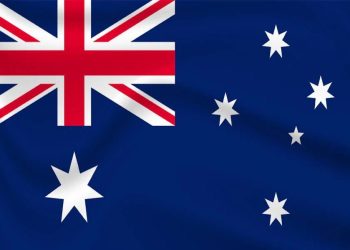Ms. Wofai Samuel, Acting Director-General of the Nigerian-American Chamber of Commerce (NACC), has emphasized that Nigeria’s technology sector cannot thrive without a reliable power supply.
Speaking in an interview with the News Agency of Nigeria (NAN) on Monday, Samuel said that power and technology are “deeply interconnected”. It must be addressed together for national development to move forward.
“Without power, how do we even drive technology? So, power is correlated to technology. Technology is correlated to power,” she stated.
Samuel noted that the global trade environment is shifting, citing rising tariffs by the U.S. and uncertainties surrounding the African Growth and Opportunities Act (AGOA). She argued that West Africa, and Nigeria in particular, must look to technology as a path for economic diversification.
“One of the easiest ways, one of the easiest platforms West Africa can diversify into is the technology sector,” she said.
She added that developed nations are leveraging internet access and data infrastructure to fuel innovation and growth, and urged African governments to follow suit.
Highlighting international models, Samuel referenced Saudi Arabia’s recent $600 billion investment in the U.S. tech sector as an example of cross-border collaboration that African nations should learn from.
“If America is collaborating with other regions and countries on advancing the tech sector, whereas America is the biggest tech sector, then who are we in Africa not to follow suit?” she asked.
Samuel also pointed to major tech players like Meta, Google, Tesla, and X, and emerging innovations in artificial intelligence, including ChatGPT and Meta AI, as proof of the transformative power of technology.
Using Nigeria’s banking sector as a case study, Samuel said that fintech and digital banking have already proven their value, driving efficiency and accessibility in financial services.
She cited the World Bank’s 2025 projection, which lists banking and fintech among the fastest-growing sectors in Nigeria.
Samuel urged African tech startups to actively engage with technology conferences both locally and abroad to build strategic partnerships and expand visibility. She also called on government leaders, especially ministers and commissioners in communications and technology, to play a more active role in policy development and sector leadership.
According to Nairametrics, Nigeria’s ICT sector contributed 17.68% to the nation’s real GDP in 2024, up slightly from 17.34% in 2023. In Q4 2024, the sector made up 17% of real GDP, with telecommunications alone contributing 14.4%—making it the third-largest contributor after crop production and trade.
In February, Minister of Communications, Innovation, and Digital Economy, Dr. Bosun Tijani, projected that Nigeria’s digital economy would contribute 21% to GDP, pinpointing the growing role of tech in national development.























































